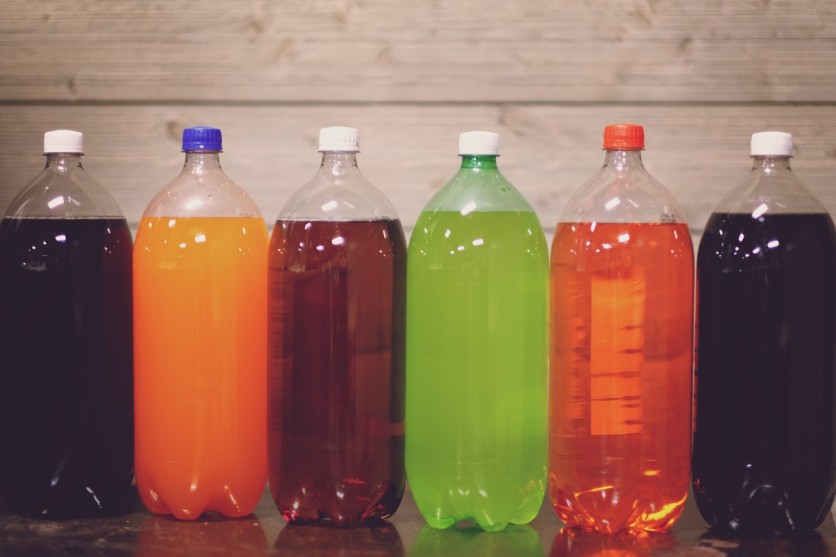The Food and Drug Administration (FDA) is proposing a ban on a widely-used ingredient found in fruity sodas and sports drinks. According to the agency, the registration of BVO or brominated vegetable oil needs to be denied since it poses harmful risks to humans.
What is BVO?

BVO, or brominated vegetable oil, has been a key component in citrus-flavored sodas since the 1930s. Its purpose is to ensure that citrus flavorings stay evenly mixed in the beverage instead of floating to the top.
The ingredient achieves this by attaching bromine atoms to a triglyceride, creating a dense oil that mixes effectively with water.
However, over the years, animal studies have suggested that BVO might accumulate in fat tissues, per ScienceAlert.
Bromine, a component of BVO, could also interfere with the function of iodine in the thyroid, raising concerns about its safety. Notably, BVO is banned in several countries, including India, Japan, and EU nations. California passed legislation to outlaw BVO in 2021, effective in 2027.
Related Article : New Study Reveals Smoking-Induced DNA Mutations Fuel Cancer Risk
FDA's Decision on BVO Has Drastically Changed
The FDA's position on BVO has evolved over the years. In the 1950s, it was classified as "generally recognized as safe" (GRAS). However, in the 1960s, concerns about its toxicity led to a reversal of its GRAS status. At that time, the FDA permitted BVO only in citrus-flavored drinks, and even then, in limited concentrations (up to 15 parts per million).
The collection of data on the risks posed by small amounts of BVO over time has been challenging, relying on lengthy studies with substantial sample sizes.
However, recent animal studies, considering the relative concentrations of BVO that humans might ingest, have convinced the FDA that a complete ban is warranted. This is evident in a 1970 UK study where the component can harm human tissue.
Another interesting study on ScienceDirect points out the concerns of the brominated vegetable oil in Sprague Dawley rats.
Soda Makers Are Phasing Out BVO
Thankfully, major soda companies have been proactive. PepsiCo and Coca-Cola Co. have been phasing out BVO from their products for the past decade, and only a few beverages in the US still contain the ingredients.
This potential BVO ban could be a precursor to further regulatory shifts. The FDA is reviewing the rules authorizing the use of specific food additives and considering automatically prohibiting food coloring agents found to be carcinogenic in humans or animals. This could lead to a more streamlined regulatory process.
The final decision on the FDA's reclassification of BVO is expected in early 2024. However, with effective alternatives to BVO already in use, the ingredient is unlikely to be missed in citrus beverages.
Speaking of which, NBC News reported that the public comments about the proposed ban for BVO are open until January 17, 2024.
For more health-related reports you want to read, just click here.

ⓒ 2026 TECHTIMES.com All rights reserved. Do not reproduce without permission.




